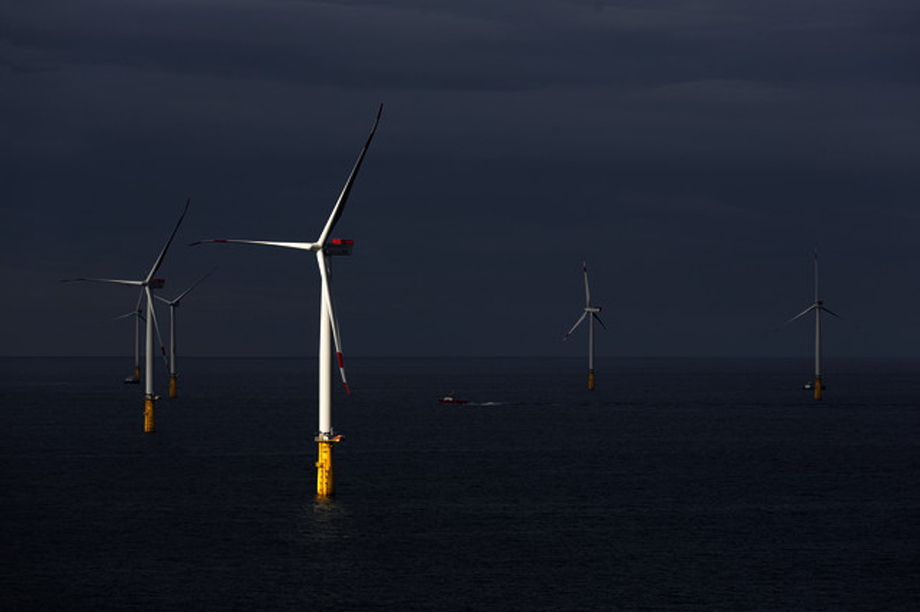Denmark's energy ministry released figures showing 39.1% of its electricity in 2014 came from wind. This figure has more than doubled in ten years: in 2004 wind accounted for 18.8% of the country's electricity production.
An energy ministry spokesperson said last year's data represents a new world record and beats other countries "by a distance".
Denmark's most productive month was January 2014, when wind energy produced 61.7% of its electricity. July was the least productive month, with 23% provided by wind.
| Year | Wind share |
| 2004 | 18.8% |
| 2005 | 18.7% |
| 2006 | 17.0% |
| 2007 | 19.9% |
| 2008 | 19.3% |
| 2009 | 19.4% |
| 2010 | 22.0% |
| 2011 | 28.3% |
| 2012 | 30.1% |
| 2013 | 33.2% |
| 2014 | 39.1% |
Share of wind energy in Denmark electricity production
Part of the increased share of wind could be due to lower energy consumption in Denmark in the first nine months of 2014.
Figures released by the Danish Energy Agency yesterday show actual energy consumption fell 5.8% in the period between January and October last year, compared with the same time in 2013. This reduction has been put down to warmer weather and an increase in net imports of electricity.
UK and Germany
Meanwhile, the annual electricity output of the UK's wind sector grew by 15% last year. Overall, wind power provided 9.3% of UK electricity supply in 2014, compared with 7.8% in 2013.
UK wind power generated 28.1TWh of electricity in 2014, up from 24.5TWh in 2013, according to an independent analysis of National Grid figures commissioned by wind trade body RenewableUK.
December in the UK was a record-breaking month, with 14% of the UK's electricity produced by wind, beating the record of 13% set a year earlier.
Last month in Germany was also one for the record books. Turbines there produced 8.9TWh in December, more than any month previously. The figures were released by IWR, a German renewable energy research institute.
IWR believes the record could be broken again in 2015 as Germany brings online a number of offshore projects, including Vattenfall's 288MW DanTysk and RWE's 295MW Nordsee Ost.




.png)
HR.jpeg)
.png)








